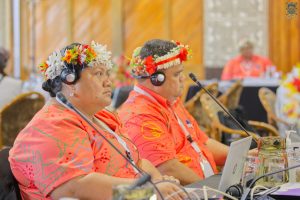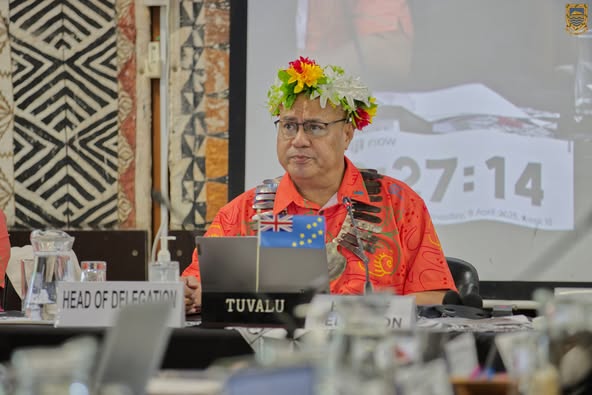Tuvalu Prime Minister Feleti Teo highlighted the importance of data as his nation held its scheduled reporting session with UN CEDAW experts this morning in Fiji. Tuvalu ratified CEDAW in 1999 and will present its combined 5th and 6th periodic reports during this Pacific session.
PM Teo acknowledged the common challenges Pacific nations face, particularly in data analysis for tracking and measuring CEDAW implementation. He expressed his intention to seek support from regional agencies and partners to address gaps.
“We don’t have a robust data system at the moment, so we’re not able to collect and analyse the necessary data to better inform our gender equality policies. We hope to identify and partner with an organisation to assist us in this area,” PM Teo added.
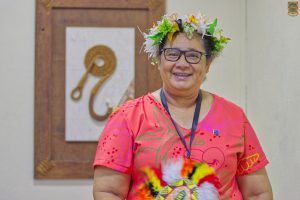
The Pacific sessions at the Pacific Islands Forum follow two days of talanoa and public engagement sessions on key thematic areas. These include gender intersections with faith, culture, children and youth, political participation, stereotypes, gender-based violence, and disabilities.
Noting the historic attendance of Pacific delegations who have come to Suva to support Tuvalu, Solomon Islands, and Fiji as well as learn from each other in the preparation of their own reports, PM Teo expressed enthusiasm about hosting the committee outside Geneva. He emphasised the importance of CEDAW reporting in integrating gender equality across development agendas. “Obviously, we have some technical efficiencies, which we are hoping to benefit from during the exchange with the committee,” he said.
The Solomon Islands, which ratified CEDAW in 2002, will present its report on Thursday, led by Dr. Cedric Alependava, Permanent Secretary for the Ministry of Women, Youth, Children, and Family Affairs. Fiji’s Minister for Women, Children, and Social Protection, Sashi Kiran, will head its Friday session on her nations 6th periodic report since ratifying CEDAW in 1995.
The Pacific Technical Cooperation Session is not classified as a formal session of the Committee. Its focus is on providing stronger benefits through technical cooperation. Meeting outcomes will be shared publicly when the CEDAW Committee adopts its concluding observations for the Fiji, Solomon Islands, and Tuvalu reports during its 91st Session this June, in Geneva.
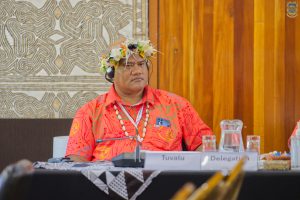
Noting the strong presence of civil society representatives at this event, as well as in his Tuvalu delegation, PM Teo acknowledged the vital contributions of civil society to promoting and implementing gender equality.
“This is a moment to celebrate the presence of CEDAW technical experts in the Pacific,” said Pacific Islands Forum Secretary-General Baron Waqa. “Pacific nations signed and ratified CEDAW at the highest level, and these sessions honour the Pacific Leaders’ vision for a 2050 future that leaves no one behind.”
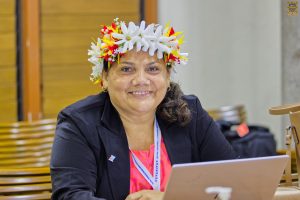
Cook Islands Associate Minister for Internal Affairs Tehani Brown also praised the efforts of Forum Leaders, SPC, and UN-Pacific staff for facilitating regional momentum for similar technical meetings in other areas. Brown emphasised the value of the talanoa sessions for the Cook Islands, which is preparing for its own CEDAW reporting session in 2026. Along with her mother, Minister for Internal Affairs Rose Brown, she has been working to raise awareness among remote pa enua communities about the importance of women’s participation in political life and decision-making.
“For global meetings, it’s always important to start from the Pacific, if possible. It allows us to prepare and identify the key issues affecting us as a region. This way, when we go to the global stage, we’re ready to highlight shared priorities alongside our national concerns. Our regional strength is always an important asset,” Brown said.
